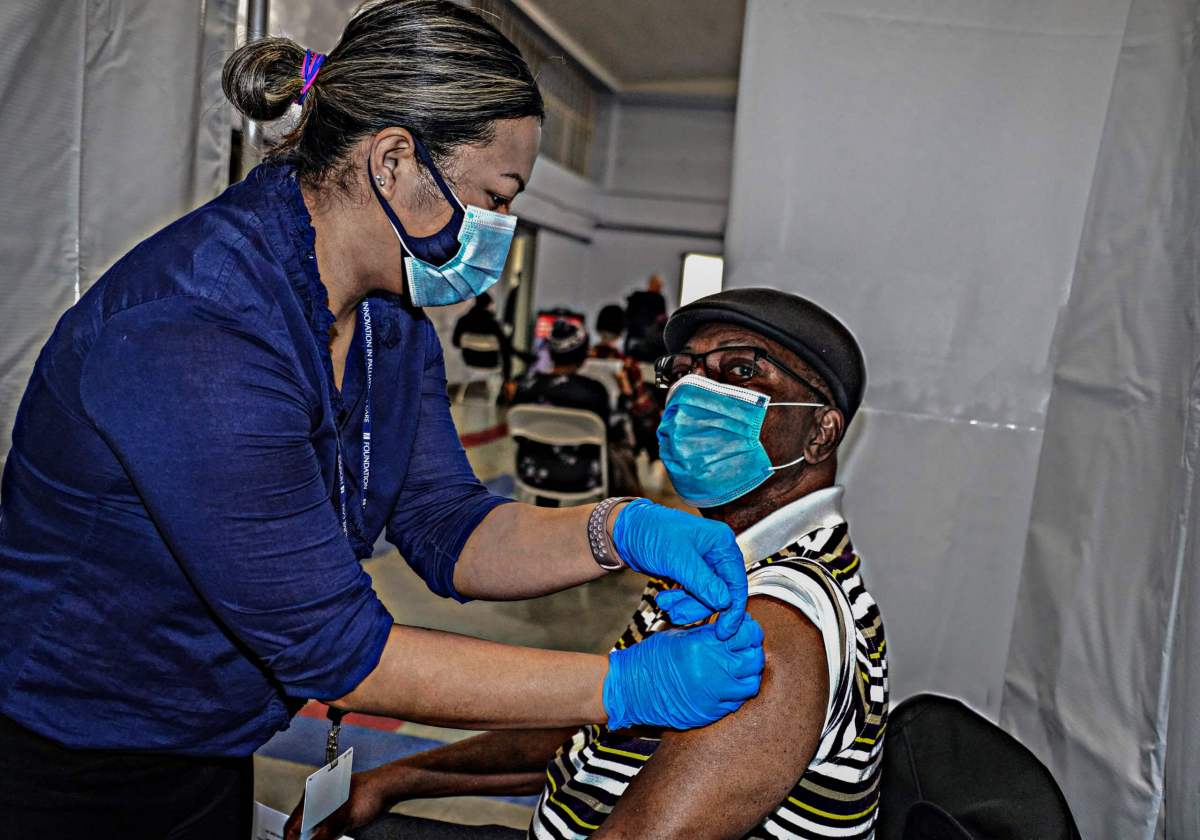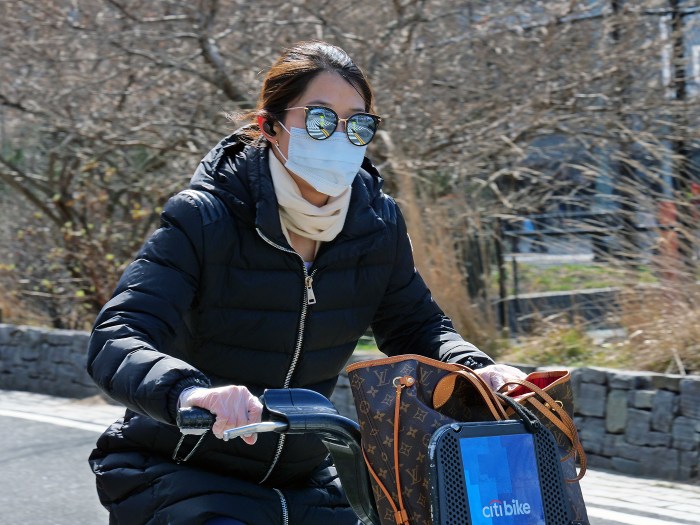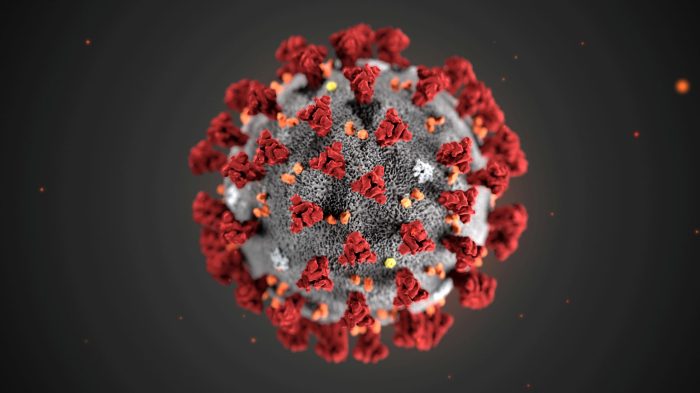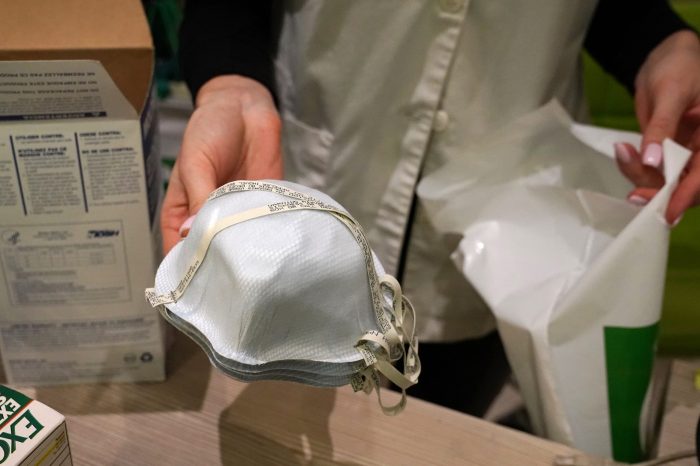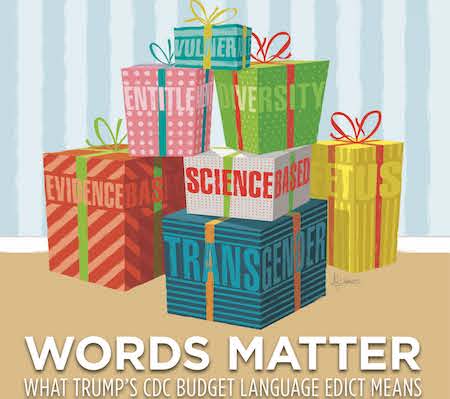Three-quarters of all hospital workers in New York state have received the COVID-19 vaccine, Governor Andrew Cuomo reported on Friday — and in a week, the state will begin focusing its attention on vaccinating vulnerable New Yorkers with co-morbidities.
“The prioritization is to reach the people who are most at risk” of contracting and potentially dying of COVID-19 “or who are most essential,” Cuomo said during his press conference on Feb. 5.
Hospitals and local governments have until Feb. 14 to vaccinate the remaining hospital workers who haven’t received the shot. On Feb. 15, health departments will turn their attention toward vaccinating individuals with co-morbidities — but the list of such conditions had yet to be finalized during Cuomo’s Friday morning call.
On Friday afternoon, however, the governor released the list of co-morbidities and underlying conditions that would make persons with such issues eligible to receive the COVID-19 vaccine as of next week.
- Cancer (current or in remission, including 9/11-related cancers)
- Chronic kidney disease
- Pulmonary disease, including but not limited to, COPD (chronic obstructive pulmonary disease), asthma (moderate-to-severe), pulmonary fibrosis, cystic fibrosis, and 9/11-related pulmonary diseases
- Intellectual and Developmental Disabilities including Down Syndrome
- Heart conditions, including but not limited to heart failure, coronary artery disease, cardiomyopathies, or hypertension (high blood pressure)
- Immunocompromised state (weakened immune system) including but not limited to solid organ transplant or from blood or bone marrow transplant, immune deficiencies, HIV, use of corticosteroids, use of other immune weakening medicines, or other causes
- Severe obesity (BMI 40 kg/m2) or standard obesity (body mass index [BMI] of 30 kg/m2 or higher but < 40 kg/m2)
- Pregnancy
- Sickle cell disease or Thalassemia
- Type 1 or 2 diabetes mellitus
- Cerebrovascular disease (affects blood vessels and blood supply to the brain)
- Neurologic conditions including but not limited to Alzheimer’s disease or dementia
- Liver disease
The CDC reports that adults with the following co-morbidities are at the highest risk:
- Cancer
- Chronic kidney disease
- COPD (chronic obstructive pulmonary disease)
- Down syndrome
- Heart conditions, such as heart failure, coronary artery disease, or cardiomyopathies
- Immunocompromised state (weakened immune system) from solid organ transplant
- Obesity (body mass index [BMI] of 30 kg/m2 or higher but < 40 kg/m2)
- Severe obesity (BMI ≥ 40 kg/m2)
- Pregnancy
- Sickle cell disease
- Smoking
- Type 2 diabetes mellitus
Moreover, the CDC further indicates that people with other pre-existing conditions — including asthma, hypertension, cystic or pulmonary fibrosis, neurological conditions and Type 1 diabetes — may also be at an increased risk of suffering a severe COVID-19 infection.
The Governor’s office indicated that “the list is subject to change as additional scientific evidence is published and as New York State obtains and analyzes additional state-specific data.”
Also during his Friday call, Cuomo backed up his health commissioner, Dr. Howard Zucker, who on Thursday rebuffed Mayor Bill de Blasio’s request to tap into the second dose reserve to administer more first doses to unvaccinated New Yorkers. The governor said the state lacked the authority to do that anyway, and is following federal guidance on how the vaccines are administered.
“The FDA has spoken specifically to this,” Cuomo said, adding that “without appropriate data, we run the significant risk of placing the public health at risk” and undermining all vaccination efforts.
But the governor indicated that he didn’t completely rule out the second dose idea.
“The federal position is clear. I have spoken to them about using a percentage of the second dose as the first dose. It’s complicated, but I think it could be done,” the governor added. “The federal government is not there at this point. They’ve not approved it. But if they do approve it, then New York is ready, willing and able to do it. But it’s a federal decision.”
The question of using the second dose supply as the first dose could be rendered almost moot if the federal government gives emergency approval to the Johnson & Johnson COVID-19 vaccine.
Cuomo called the one-shot formula a potential “game-changer” which could prompt an immediate boost in vaccine supply; Johnson & Johnson has indicated it could have 100 million doses ready and distributed by June, should it receive emergency FDA approval.
So far, with the two-dose Pfizer and Moderna vaccines in use, more than 2.2 million New Yorkers have been vaccinated, with 495,000 of them having received the second dose. New York has used 99.02% of its dosages, and is now waiting for next week’s allocation, according to Cuomo.
The state continues to work to expand usage of the vaccine among Black and Latino New Yorkers. Cuomo cited data gathered through the first round vaccinations which indicated that not as many Black New Yorkers had received the shot.
Cuomo said the state is working with community groups to shake off cynicism surrounding the COVID-19 vaccine and encourage all New Yorkers, regardless of color and background, to get the shot when it is available. An ad campaign is also planned.
“There are bonafide reasons for distrust of the system, I get it. But it’s not true with this vaccine, and this is going to be a process of communication and we’re going to have to talk through it,” the governor concluded.



